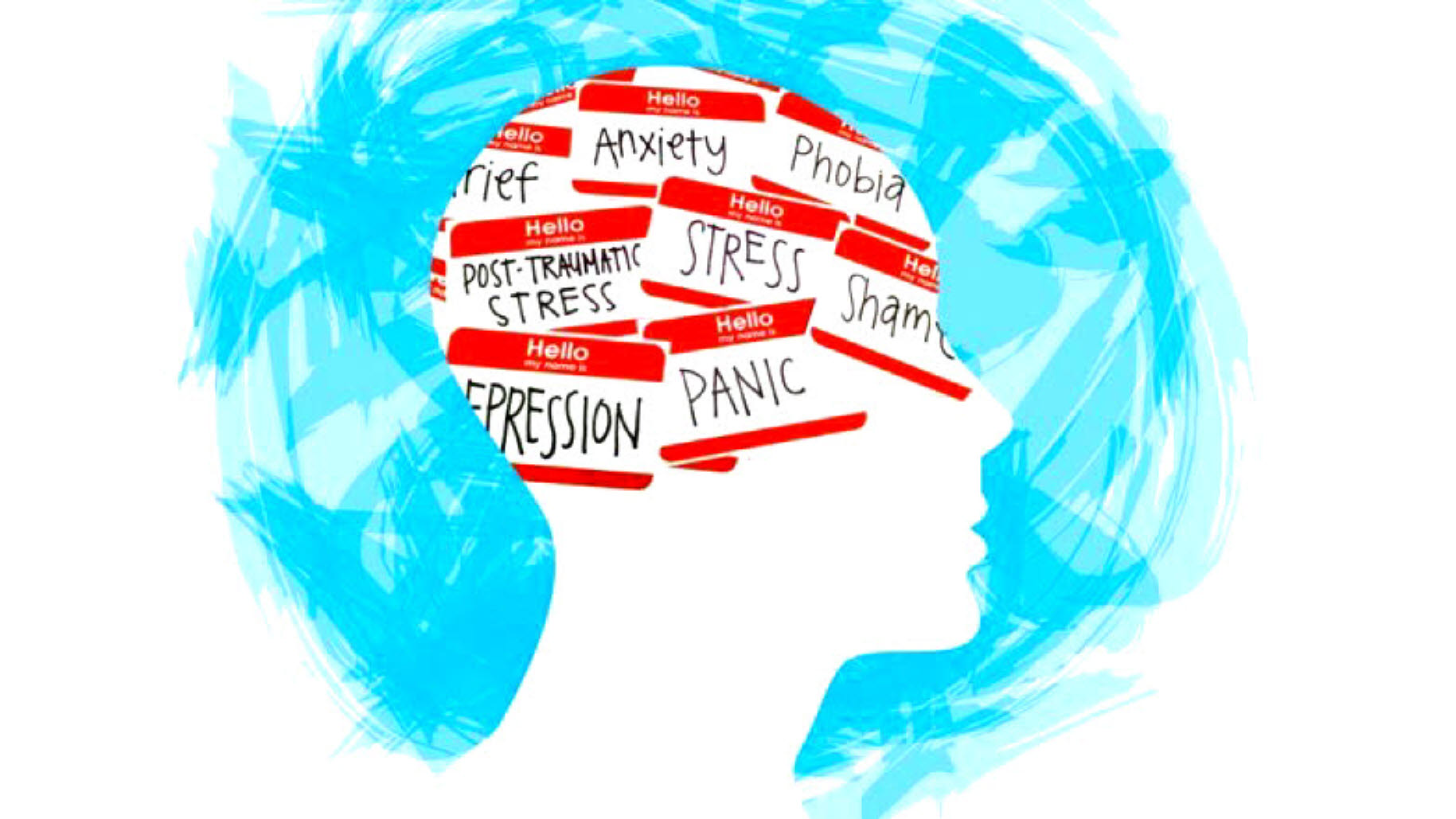
Living with stress and learning ways to handle it
#James Donaldson notes:Welcome to the “next chapter” of my life… being a voice and an advocate for #mentalhealthawarenessandsuicideprevention, especially pertaining to our younger generation of students and student-athletes.Getting men to speak up and reach out for help and assistance is one of my passions. Us men need to not suffer in silence or drown our sorrows in alcohol, hang out at bars and strip joints, or get involved with drug use.Having gone through a recent bout of #depression and #suicidalthoughts myself, I realize now, that I can make a huge difference in the lives of so many by sharing my story, and by sharing various resources I come across as I work in this space. #http://bit.ly/JamesMentalHealthArticleFind out more about the work I do on my 501c3 non-profit foundationwebsite www.yourgiftoflife.org Order your copy of James Donaldson's latest book,#CelebratingYourGiftofLife: From The Verge of Suicide to a Life of Purpose and Joy
Link for 40 Habits Signupbit.ly/40HabitsofMentalHealth
www.celebratingyourgiftoflife.com
Our bodies are designed to handle stress – but in small doses. In fact, it’s part of our survival instinct. Have you ever heard a strange noise during the night and suddenly become wide awake? That’s your fight or flight response making you hyperaware and focused so you can keep yourself safe. In many situations, stress can be good. But, when you’re under constant stress without any periods of relaxation, it may become a serious problem. It can send your body into overdrive and cause all sorts of health issues.1
What is stress?
Stress can be hard to define because it’s not something you can see, like a runny nose or broken bone. Stress is your body’s reaction to any situation that causes physical, mental or emotional strain. Everyone experiences stress and reacts to their unique stressors differently. How you respond to that stress may impact your overall well-being. There are two main types of stress:2
- Acute stress: This is when you experience stress for a short period of time. It’s usually positive stress from things like, prepping for an interview, training for a marathon or planning to propose to your partner. This kind of stress can cause short-lived and harmless things, like butterflies in your stomach or sweaty palms.
- Chronic stress: This happens when you stay at a level of high stress for too long and it can cause some pretty severe symptoms.
What are common stressors?
What are signs of chronic stress?
How does stress affect our health?
What are tips for stress relief?
When should I see my doctor about stress?
If you think you may be experiencing symptoms of high stress and they don’t get better with stress management, visit your primary care provider (the doctor or provider you might see for your yearly physical). They will want to know what your symptoms are and will likely ask about any big life changes or possible triggers. In addition to paying your doctor a visit, you may want to consider seeing a counselor or therapist who might be able to help you find behavioral health resources to better navigate some of the stressors in your life. Don’t mess with stress – take the necessary steps to find balance in mind and body to help keep yourself in good health.4
https://standingabovethecrowd.com/james-donaldson-on-mental-health-stress/


No comments:
Post a Comment